Meeting The New Standard - ILPA Reporting
Meeting the New Standard: ILPA Reporting in 2025 and Beyond
As the private equity and alternative investment industry experiences unprecedented growth, the demand for greater transparency, accountability, and standardization in financial reporting has increased. The Institutional Limited Partners Association “ILPA” their ILPA Reporting Templates to help drive the idea of industry standardization into practice via the guidelines established in regime. These guidelines enhance the consistency and comparability of fund performance data across the industry, reshaping what information investment fund limited partners require and the work required of fund CFOs and third-party fund administrators “TPAs”.
ILPA reporting is an important industry standard. Adoption of reporting requirements represents operational maturity and investor alignment for General Partners. The release of the redefined ILPA Reporting Template in January 2025 shifted the landscape dramatically. The new requirements require GPs to break out internal chargebacks while providing detailed categorization of external partnership expenses, such as offering and syndication costs, placement fees, insurance, and subscription facility fees. This template replaces the 2016 (relevant version for funds still in their investment period during Q1 2026) and is applicable to funds as of January 1, 2026. Furthermore, the newly related templates track performance metrics like IRR, CVPI/MOIC with clear cash flows mappings and also separates gross and net figures, including or excluding the impact of subscription facilities.
The Challenge: Beyond Compliance to Excellence
Despite its benefits, ILPA reporting presents operational challenges for fund manager CFOs and TPAs alike. The reporting complexity of the ILPA templates requires sophisticated coordination across systems, internal infrastructure capable of generating ILPA-compliant outputs, and accuracy across varying reporting periods and fund structures. As relates to TPAs, these challenges reveal a divide between those focused on compliance and those driving business improvement through ILPA.
Successful TPAs understand that ILPA compliance requires a fundamental commitment to operational excellence and long-term relationship building. This approach stands in stark contrast to the cost-cutting mentality that has driven many firms to offshore critical functions, often at the expense of quality and client service.
Strategic Implementation Framework
To achieve true ILPA excellence across all templates—including the ILPA Reporting Template, Capital Call and Distribution Notice Template, and Fee Template—administrators must strategically align their people, processes, and systems. True expertise begins with comprehensive familiarity across all ILPA templates and industry experience. TPAs should take a proactive role in tracking industry changes and guiding clients through upcoming developments, positioning themselves as strategic advisors rather than passive service providers.
Successful implementation requires sophisticated data architecture that captures transaction-level, asset-level, and fee-level data with appropriate precision. The most effective TPAs invest in solutions that seamlessly incorporate information from portfolio companies, general partners, and fund custodians while maintaining detailed automation and audit trails.
Process excellence is the foundation of ILPA reporting, supported by detailed procedures that ensure consistent quality outputs. This includes systematic data collection protocols, multi-layered validation procedures, and advanced reconciliation processes. Building detailed controls minimizes manual errors while creating transparency for LPs.
Technology and Human Capital Advantages
Leading administrators use advanced technology to automate template population via APIs and reporting engines, delivering customized LP responses while ensuring consistent formatting. Organizations free of technical debt can deploy these advanced capabilities without performance limitations and integration challenges that burden administrators operating legacy systems. This technological agility becomes increasingly valuable as ILPA standards continue evolving.
ILPA expertise requires specialized knowledge across client service, operations, and technology teams. Leading administrators possess deep industry knowledge and relationship-building capabilities. Leveraging both modern technology infrastructure and skilled personnel allows for quick adaptation to changing reporting environments and client expectations.
The Path Forward
ILPA standards have shifted from being a discretionary best practice to a baseline expectation for firms seeking credibility. However, the depth and quality of implementation will continue to distinguish truly forward-thinking managers in the market. TPAs who use ILPA standards to showcase operational excellence, strengthen client trust, and improve service quality are well-positioned for long-term growth.
The private capital industry increasingly recognizes that sophisticated institutional reporting requires innovative operational capabilities. TPAs who combine ILPA expertise with strong client service, quality delivery, and modern technology are well-positioned to succeed as the private capital market evolves. In an industry built on trust and performance, operational excellence backed by advanced technology remains the ultimate competitive differentiator.

